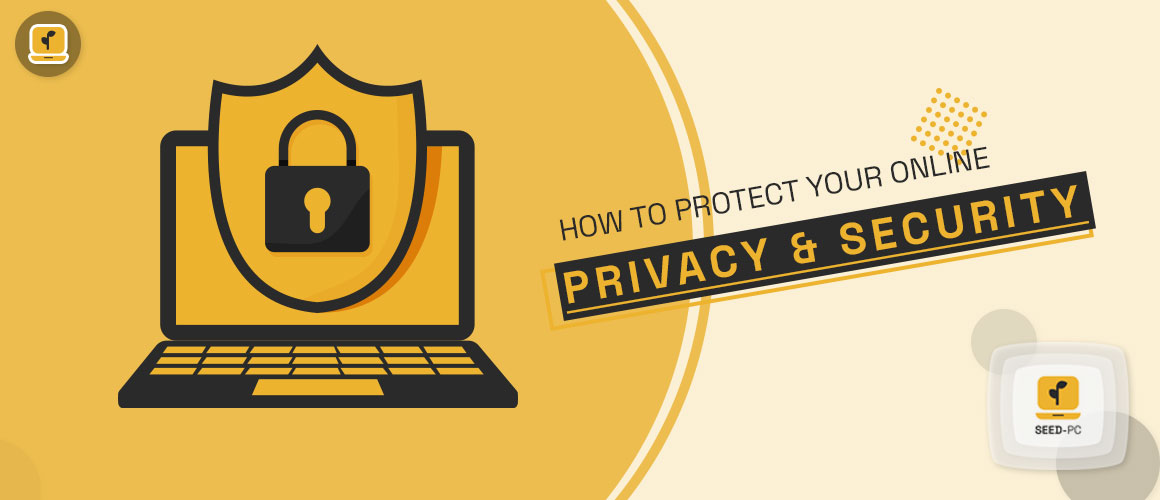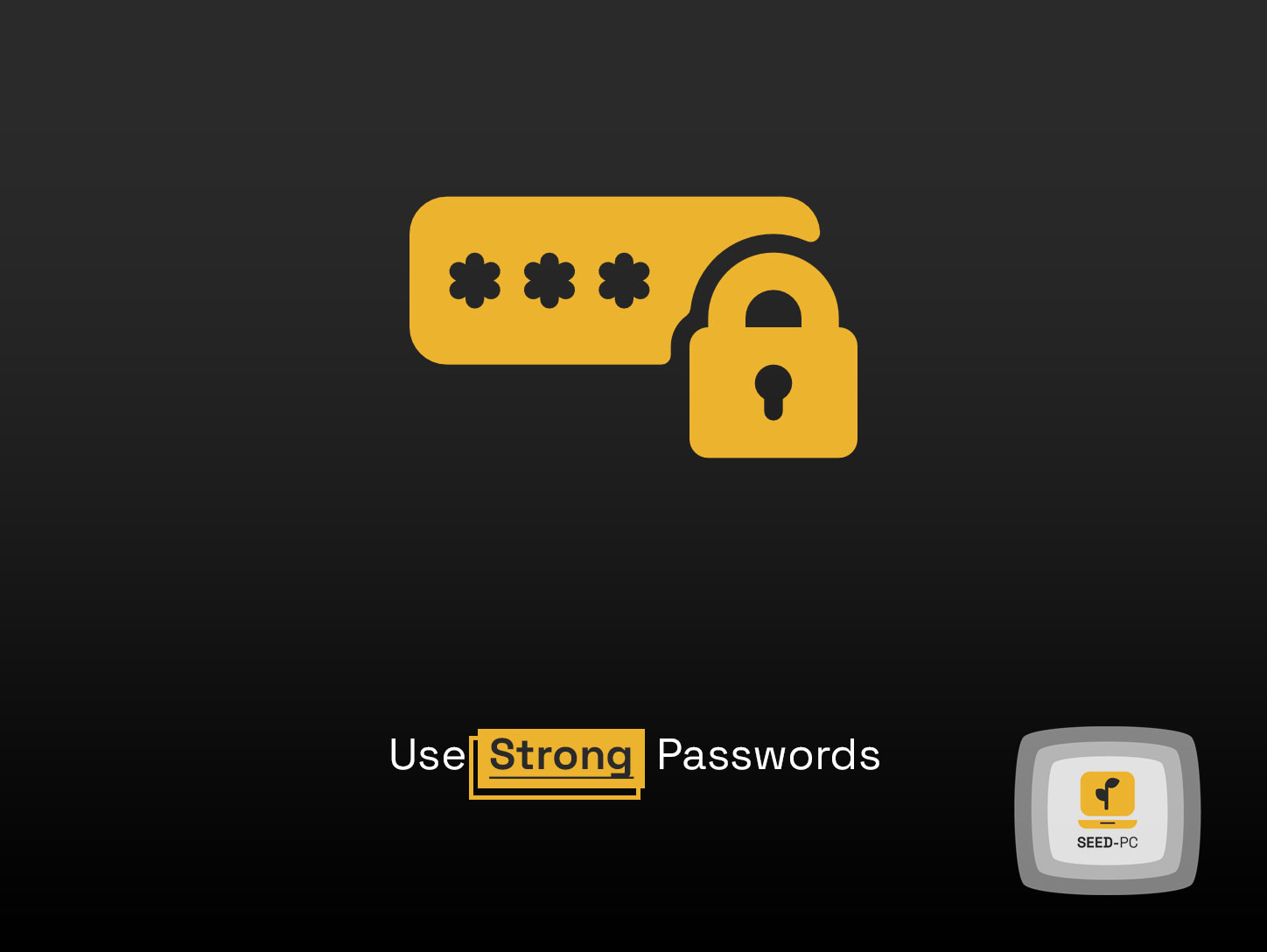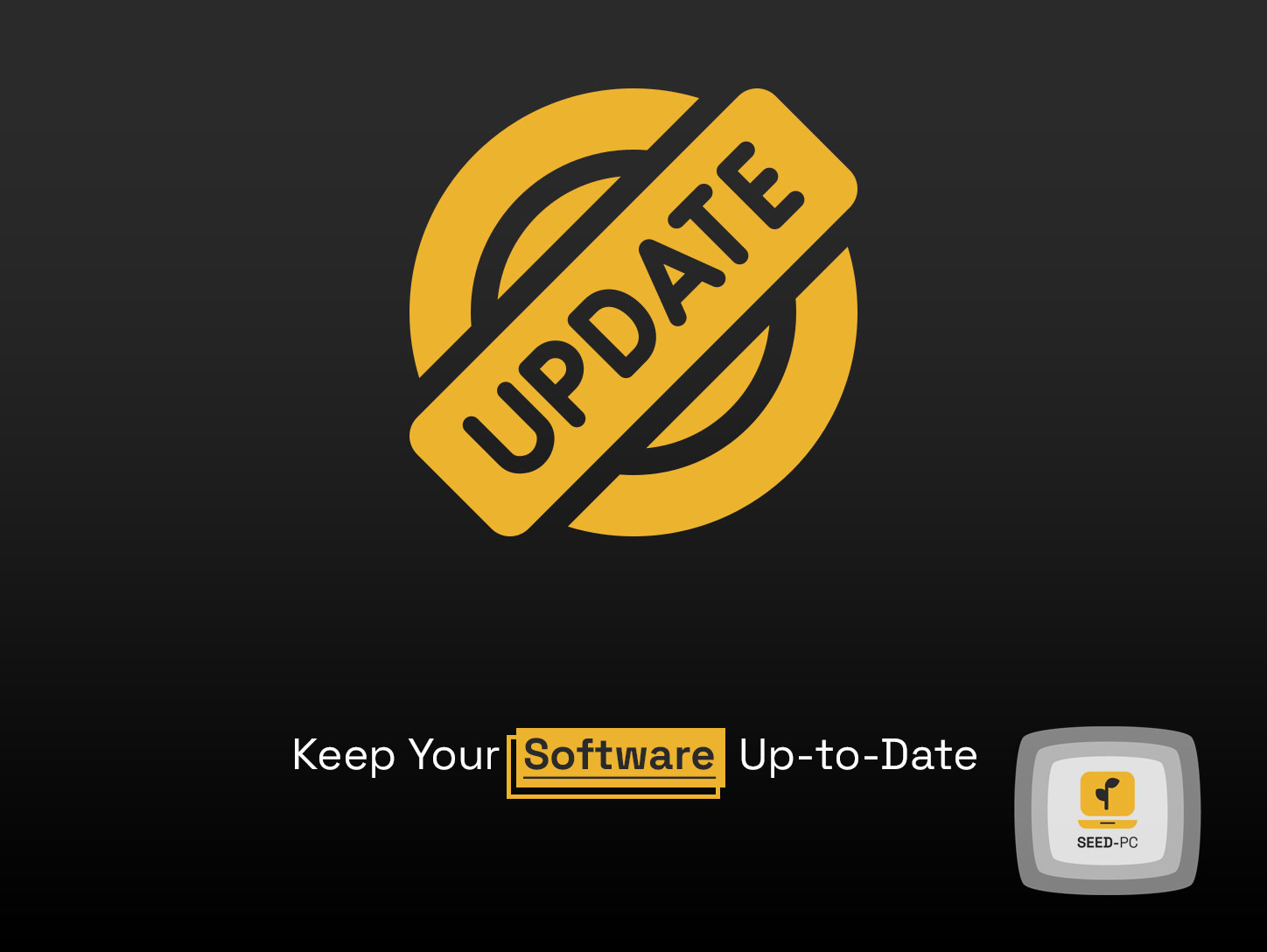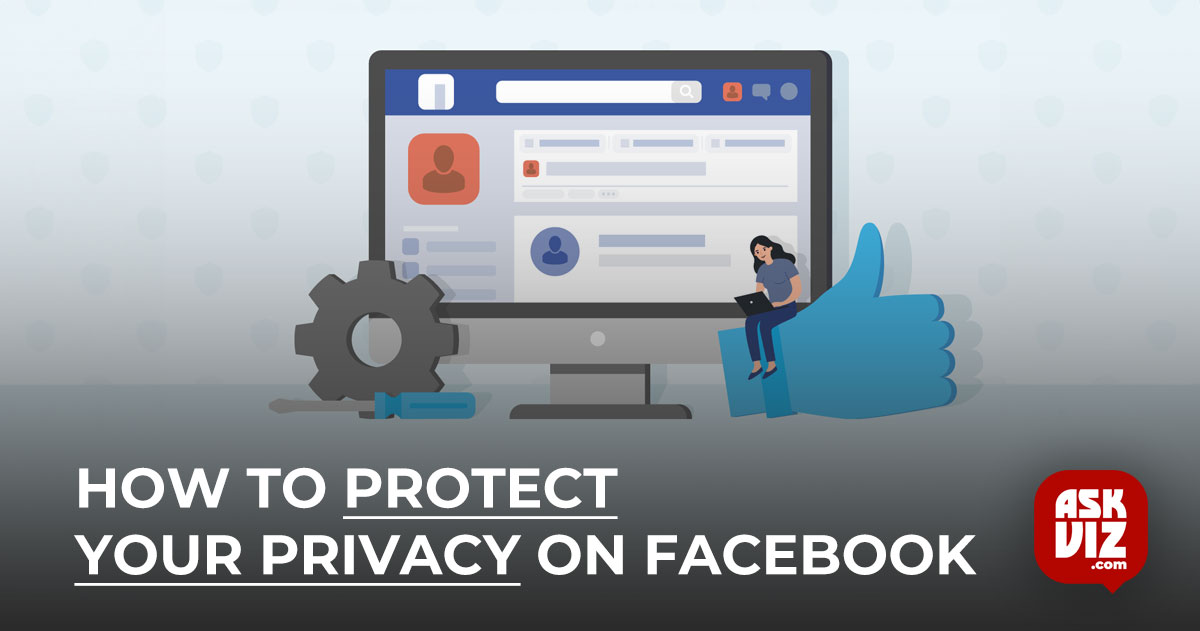Online privacy and security are becoming more and more important in today’s connected world. With the increasing amount of personal information being shared online, it is essential to take steps to protect yourself.
Table of Contents
Protect Your Online Privacy and Security
Here are some methods for protecting your online privacy and security, with steps outlined for each.
1. Use Strong Passwords
- Create a unique and strong password for each of your online accounts.
- Avoid using easily guessable information such as your name, birthdate, or pet’s name.
- Use a combination of uppercase and lowercase letters, numbers, and symbols.
- Consider using a password manager to generate and store strong passwords for you.
2. Keep Your Software Up-to-Date
- Regularly check for and install updates for your operating system, web browser, and other software.
- These updates often contain security patches to protect against known vulnerabilities.
- Enable automatic updates to ensure that your software is always up-to-date.
3. Be Careful What You Click On
- Be wary of clicking on links or downloading attachments from unknown or suspicious sources.
- Always hover over a link to see where it leads before clicking on it.
- Be especially careful of links and attachments in emails, as they are a common vector for phishing scams and malware.
4. Use Two-Factor Authentication
- Enable two-factor authentication (2FA) wherever it is offered.
- This adds an extra layer of security to your accounts, as it requires a password and a second factor, such as a code sent to your phone, to log in.
- This helps prevent unauthorized access to your accounts, even if your password is stolen.
5. Use a Virtual Private Network (VPN)
- Always use a VPN to encrypt your internet traffic when using public Wi-Fi.
- A VPN creates a secure, encrypted connection between your device and the internet, protecting your data from snoopers.
- Make sure to use a reputable VPN service and always check the privacy policy before signing up.
In conclusion, taking steps to protect your online privacy and security is important in today’s digital world. By using strong passwords, keeping your software up-to-date, being careful what you click on, using two-factor authentication, and using a VPN, you can help keep your personal information and online activity secure.
Facebook
Twitter
LinkedIn
Pinterest
Email










